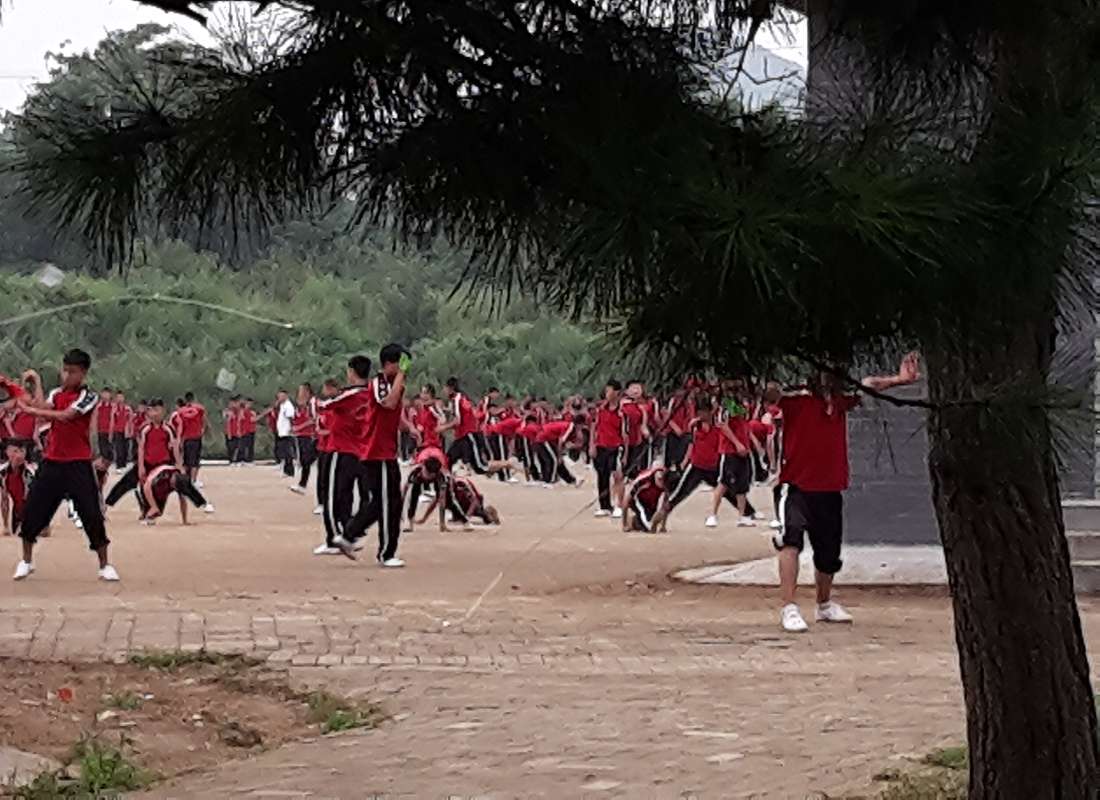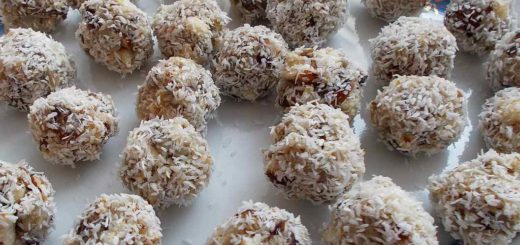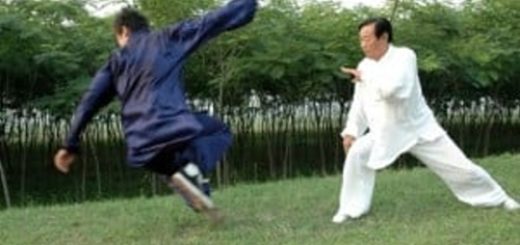Tchaj-ťi pomáhá drogově závislým
For the English version of the article called „Taichi Helps Drug Addicts“ see below.
Tchaj-ťi čchüan je bojové umění. To je fakt. V současné době však získává ve světě na popularitě zejména díky svému pozitivnímu vlivu na zdraví a psychickou pohodu. To je další fakt. Podle dr. Boba Bachera, dlouholetého chiropraktika a trenéra tchaj-ťi, může tchaj-ťi pomoci při téměř jakýchkoliv nemocech či chronických bolestech.
Bob říká: „Za roky své praxe jsem byl svědkem mnoha úžasných a zásadních zlepšení zdravotního stavu právě díky používání základních cvičení tchaj-ťi, např. stání, dýchání, uvolňování, navíjení hedvábného vlákna… To mě nakonec přesvědčilo, abych s chiropraxí přestal a věnoval se výhradně výuce tchaj-ťi.“
Meditativně-relaxační složka tchaj-ťi daleko překračuje hranice fyzických onemocnění. Ti, kteří se mu pravidelně věnují, začnou více vidět do sebe, zvyšuje se jejich sebeúcta, pocit zakořenění a nacházejí novou a zdravější cestu životem.
Tchaj-ťi a meditace mohou být u drogově závislých účinnější než jiná forma terapie.
A právě tento aspekt je důležitý u lidí, kteří se léčí ze závislosti na toxických látkách. Dr Bacher pracoval osm měsíců v rehabilitačním centru pro drogově závislé – s lidmi po léčbě toxické závislosti. Hodiny tchaj-ťi a meditace těmto lidem pomáhaly více než jakákoliv jiná terapie v tomto centru. Lidé zbavující se závislosti se učili, jak najít zdroj síly k uzdravení uvnitř sebe samých spíše, než aby záviseli na nějaké formě vnějšího poradenství. „Poradenství není řešením, ale jen jiná forma závislosti“, dodává Bob.
 Pacienti z centra na odvykání závislosti se nikdy nezaměřovali sami na sebe. Všichni byli nějakým způsobem jako děti zneužíváni a měli velmi malou sebeúctu. Mnozí z nich se nenáviděli.
Pacienti z centra na odvykání závislosti se nikdy nezaměřovali sami na sebe. Všichni byli nějakým způsobem jako děti zneužíváni a měli velmi malou sebeúctu. Mnozí z nich se nenáviděli.
Drogy a alkohol jim na chvíli umožnily, aby se navenek cítili dobře, protože se otupila bolest, se kterou museli každý den žit. Ale cena byla vysoká – závislost na droze. V okamžiku, kdy se začali věnovat tchaj-ťi, začali objevovat sílu a rovnováhu uvnitř sebe. „Škoda, že tuto skutečnost oficiální terapie pro závislé nezmiňuje“, lituje Bob.
Tváří v tvář těmto skutečnostem se stále více utvrzuje můj vnitřní pocit, že tchaj-ťi pomalu začíná vydávat své další poklady. A kromě jangové – silové a bojové složky – se bude rozvíjet i ta navenek méně viditelná, nicméně stejně důležitá, jinová stránka – léčebná a meditační. Těším se na setkání s dalšími ženskými, uzdravujícími stránkami tchaj-ťi.
Text: Alena Koutecká
Foto: Štěpán Krejcar, Jitka Nováková
Taichi Helps Drug Addicts
Taijiquan (taichi/taiji) is a martial art. That is a fact. Nowadays, it is getting more and more popular all over the world, thanks to the positive effects it has on our health and peace of mind. That is another fact. According to Dr. Bob Bacher, a long time Chiropractor and taichi trainer, taichi has the potential to help with nearly every form of sickness or chronic pain.

Dr. Bob says: “During my years as a Chiropractor, I witnessed a multitude of wonderful and dramatic benefits for health and healing, utilizing basic taichi exercises such as standing, breathing, loosening up, silk reeling… Ultimately this caused me to stop working as a Chiropracotor and start teaching taichi full-time.“
The meditative/relaxing part of taichi reaches far beyond its affect on only physical ailments. Those who regularly practice taichi gradually begin to perceive their inner selves, increase their self-esteem and the feeling of rooting, and adopt a new and healthier way of life.
It is this last aspect which is important for people who are trying to overcome drug addiction.
Dr. Bacher worked in a drug rehab centre for 8 months with patients after their detoxing therapies. The taichi and meditation classes helped more than any of the other therapies at that centre – the addicts learned how to find the source of power inside themselves for healing, rather than depend on counseling. “Counseling is not the solution, only another addiction,“ Dr. Bob explained.
The drug rehab centre´s patiens never learned how to focus inside themselves. They were all abused somehow as children and had very low self-esteem. Many hated themselves. Drugs made them feel good outwardly for a short time, because drugs and alcohol numbed the pain they had had to live with every day. But the price was high: developing drug addiction. But when they began practicing taichi, they found strength and balance inside themselves. “It is a pity that the accepted therapy never talks about this,“ Dr. Bob stated regrettably.
In the face of these facts, my inner feeling is strengthened more and more each day that taichi has been showing its hidden treasures slowly. And, apart from its Yang, or power-inducing and martial art development side, its less visible (but no less important side) will develop – the Yin, or healing and meditative side. I am looking forward to realizing other more Yin, or feminine/womanly healing benefits of taichi.
Alena Koutecká



